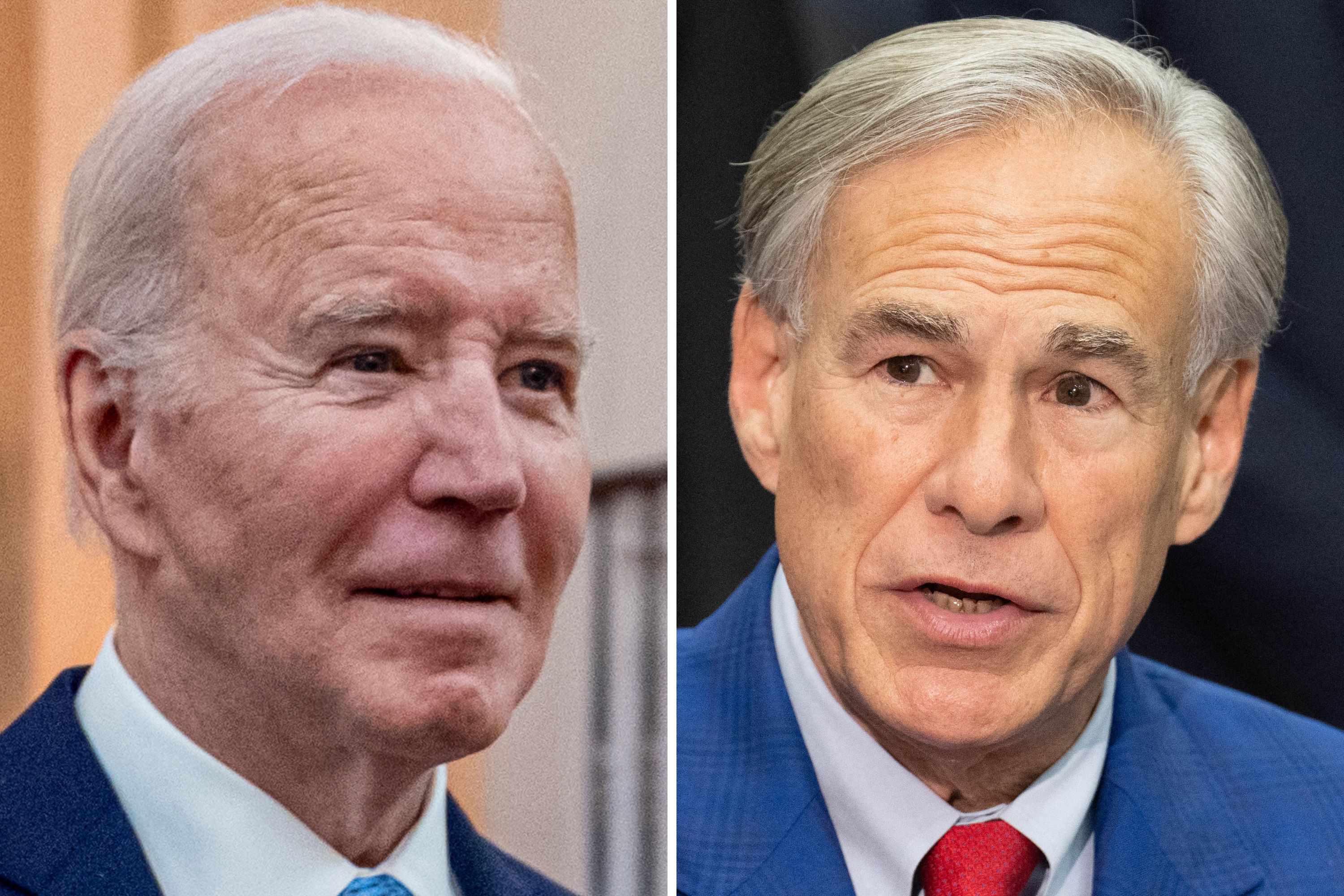May 13, 2024
State and City livability rankings are askew
By
Noel S. Williams
U.S. News and World Report compiled a rankings list of the
best states to live in, 2024. The magazine also compiled a list of the best cities to live in 2023-2024. There are some interesting incongruities between the two. Below I highlight apparent discrepancies between three of the top ten states, and the main cities therein.
For example,
U.S. News ranks Washington State as the 8th best state to live in. However, in a separate ranking of best places, they rank greater Seattle a very lowly
81st best place to live.
That is curious because the timeframes are the same and
their ranking methodologies both place weight on such things as
quality of life and
desirability. Given that the population of greater Seattle represents about
52% of the state’s population, it seems anomalous it would rank so low relative to the ranking of its state.
Similarly, Minnesota is ranked the 4th best state to live in, but Minneapolis-St. Paul, representing about
60% of the state’s population, is only ranked as the 35th best place (city) in which to live.
One more noteworthy divergence (only focusing on the top ten here) is between Massachusetts and Boston. Massachusetts is ranked as the 10th best state, yet its major metropolitan area, with well
over half of the state’s population, is only ranked 44th.
To summarize: three of the supposed top ten states best states to live in (Minnesota, Washington, and Massachusetts), per
U.S. News, have overwhelming population concentrations in cities that rank (by the same organization) at 35th, 81st, and 44th, respectively.
Something seems amiss: given the density of population in cities relative to rural areas, one might expect that these city rankings would converge with their state’s ranking.
One way to resolve this apparent discrepancy is to tentatively conclude that the
quality of life and
desirability (two key metrics they concoct) in the highly ranked states is disproportionately derived from red rural areas. Or, it could just be a reflection that the rankers have gone bonkers.
Regardless, here’s a message to liberal urbanites: please keep your incivility, misguided leftist policies, illegal aliens, communist agitators, and rotten anti-Americanism restricted to your putrid asphalt jungles. On behalf of tree equity, plant a few extra trees if it gives you purpose.
But unless you’re reformed, please don’t rent one-way U-Hauls to escape blue-city dystopia for red-rural utopia. Stay away from our thriving conservative enclaves where Americans come first!




